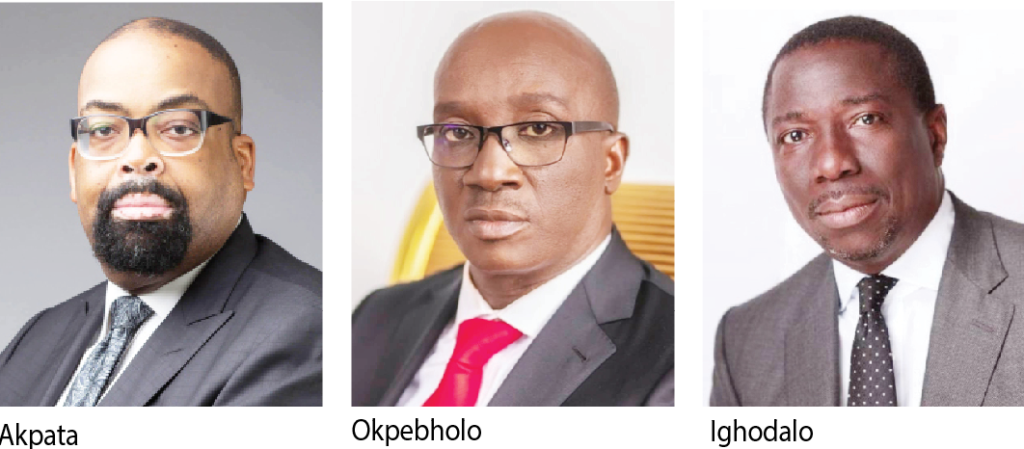As the September 21, 2024, governorship election in Edo State approaches, anticipation and tension are mounting. With the Independent National Electoral Commission (INEC) finalizing the list of candidates and political parties intensifying their campaigns, various factors are expected to influence the outcome of this crucial election. Here’s a closer look at how key elements like ethnic considerations, the Obedient Movement, and other dynamics could shape the results.
Political Landscape
Edo State’s political arena is set for a dramatic showdown, with 17 political parties initially scheduled to participate in the governorship race. However, recent adjustments by INEC have altered the lineup, including changes to the Labour Party (LP) and National Rescue Movement (NRM) candidates. This adjustment follows court rulings affecting the final list of contenders.
Key Players
The main contenders for the governorship seat are the People’s Democratic Party (PDP), the All Progressives Congress (APC), and the Labour Party (LP). The LP’s candidate, Olumide Akpata, and his running mate, Prince Yusuf Kadiri, are leveraging the support of the Obedient Movement—a significant force that contributed to LP’s victories in the 2023 general elections. This movement, which remains influential despite its members not being official LP members, has seen notable figures like Peter Obi visiting Edo State to rally support.
Regional Dynamics
Benin City and Edo South: As the political hub of the state, Edo South is anticipated to be the battleground. With the highest number of voters, this region’s support could be decisive. The LP, PDP, and APC are all working hard to sway voters in populous areas like Oredo, Egor, and Ikpoba-Okha. Notable figures from these areas, including current and former governors and political heavyweights, are mobilizing their bases.
Esan Region: Historically a PDP stronghold, the Esan region in Edo Central is poised to be a crucial area in this election. The PDP’s longstanding influence is challenged by a competitive landscape, with other parties striving to capture Esan’s votes. The region’s ethnic dynamics and political loyalties will be key in determining the election’s outcome.
Edo North: Known for its fluctuating political loyalties, Edo North has seen a shift in support. The APC, which has historically enjoyed significant backing here, faces challenges from both the PDP and LP. Recent changes in party alignments, with former PDP supporters now aligning with the APC, could influence voting patterns.
Key Issues
The upcoming election is marked by several critical issues:
- Ethnic Considerations: Ethnic sentiments and regional affiliations continue to play a significant role in Edo State politics. The demands for representation from different ethnic groups, such as the Esan, could influence voting behaviors.
- Political Allegiances: Shifts in party loyalties, including former PDP members joining the APC, highlight the fluid nature of Edo State’s political scene. These changes could impact voter turnout and support levels for various candidates.
- Campaign Strategies: Each party’s approach to campaigning, from mobilizing grassroots support to leveraging influential endorsements, will affect their electoral success.
Conclusion
As Edo State gears up for its governorship election, the interplay of ethnic considerations, regional dynamics, and political strategies will be pivotal. The strong presence of the Obedient Movement and the strategic maneuvering by the major parties underscore the complexity of this election. Voters will soon decide how these factors shape the future of Edo State’s governance.
Stay tuned for more updates as the election date approaches and the political landscape continues to evolve.



